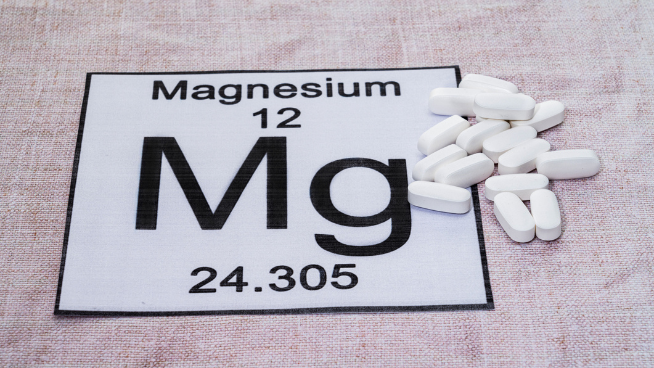Magnesium is a vital mineral that plays a crucial role in various bodily functions, from supporting heart health to promoting bone strength. While a balanced diet can provide magnesium, many individuals turn to supplements to ensure optimal intake. However, navigating the world of magnesium supplements can be overwhelming, with various forms available.
In this article, we will unravel the mystery and help you understand which form of magnesium supplement is right for you, ensuring you make an informed choice for your health and well-being.
Magnesium Citrate:
Magnesium citrate is one of the most commonly used and easily absorbed forms of magnesium. It has excellent bioavailability, making it a popular choice for those seeking general magnesium supplementation. Additionally, magnesium citrate is known for its gentle laxative effect, making it beneficial for individuals struggling with occasional constipation.
Magnesium Glycinate:
If you’re looking for a highly absorbable form of magnesium with minimal laxative effects, magnesium glycinate is worth considering. This form is bound to glycine, an amino acid that enhances absorption and provides a calming effect. Magnesium glycinate is often preferred for promoting relaxation, alleviating anxiety, and supporting sleep quality. A great supplement that we recommend with magnesium glycinate in it is LiveGood’s Ultra Magnesium Complex which contains magnesium glycinate as well as magnesium gluconate.
Magnesium Oxide:
Magnesium oxide is a cost-effective form of magnesium, but it has lower bioavailability compared to other forms. It is commonly used as a laxative due to its osmotic properties. While it may not be the most effective form for general magnesium supplementation, it can be beneficial for individuals seeking relief from occasional constipation.
Magnesium L-Threonate:
Magnesium L-threonate is a relatively new and exciting form of magnesium. It is known for its ability to cross the blood-brain barrier, making it a promising option for cognitive support and brain health. Research suggests that magnesium L-threonate may enhance memory, improve cognitive function, and potentially help with conditions such as anxiety and depression.
Magnesium Chloride:
Magnesium chloride is often used topically in the form of oils or sprays. It can be applied directly to the skin, allowing for efficient absorption and bypassing the digestive system. Topical application of magnesium chloride is favored for targeting specific areas of the body, such as sore muscles or joint pain.
Magnesium Malate:
Magnesium malate is a form of magnesium bound to malic acid, which is involved in energy production. This form of magnesium is popular among individuals seeking support for fatigue, muscle aches, and fibromyalgia. It can provide a gentle energy boost and aid in reducing muscle pain and tenderness.
Conclusion:
Choosing the right form of magnesium supplement is essential to ensure optimal absorption and meet your specific health needs. Whether you’re seeking general magnesium support, relaxation, cognitive enhancement, or targeted relief, there is a suitable form of magnesium for you.
Consider factors such as bioavailability, intended benefits, and any specific health concerns you may have. Consulting with a healthcare professional or a registered dietitian can help you make an informed decision based on your individual requirements. With the right form of magnesium supplement, you can unlock the potential benefits of this essential mineral and embark on a journey towards improved health and well-being.
